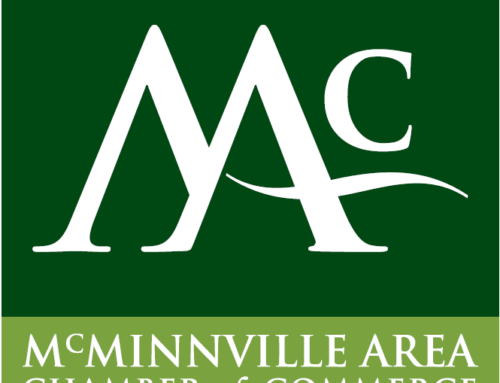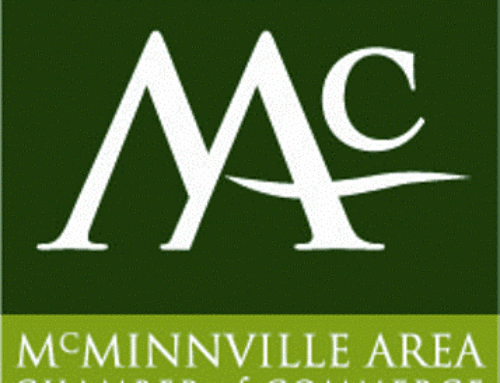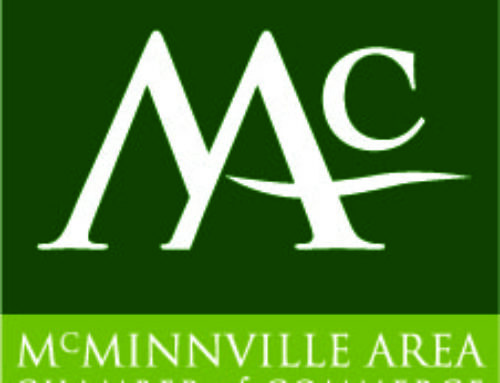by Nathan Knottingham
Jeb Bladine is fond of telling me, “Law making doesn’t happen in a bubble.” Meaning that a law passed to address one issue will definitely have an effect on other adjoining issues and stakeholders. While we see this rather clearly during legislative sessions in Oregon, sometimes it is harder to identify these issues on the Federal level, especially when identifying how business will be affected. Currently there are three issues in Washington D.C. that have (or should have) the attention of all businesses in all states because they are creating new levels of precedents for our economy. These are Political Policies that Need Your Voice:
First: “Patent Trolls” are those organizations that take patents out on small, seemingly inconsequential things, wait for said item (or thought/concept/dream) to be manufactured or used and then they sue the unaware patent infringer. This tide of trolling has grown significantly over the last few years. Business Associations and Chambers of Commerce of all sizes and types are stepping in to support a call for action for federal legislation to stop this activity. The issue seems cut and dried, but we must consider “the bubble,” and for that reason your McMinnville Chamber brings this to your awareness. I have included links to documentation on this issue.
UFPR Fact Sheet – Why Reform Is Needed
How to engage: UFPR Sign-up Form
Second: The second Federal issue we want to bring to your attention concerns the US Department of Labor (DOL) and their recent proposal that would have a potentially detrimental impact on retirement savings for Oregonians by placing restrictions on the financial advice available to small businesses wishing to provide their employees with retirement options. Think how this will affect Oregon after we’ve been working over a mandatory state run retirement package, what will the unintended consequences be of these new proposed regulations? Maybe this is trying to tackle the right issue: helping Americans save more for retirement by changing the hurdles to entry, maybe the following steps after a rule like this will articulate some other industry changes, but those are the issues and consequences that must be thought through. A quick summary and the FAQ can also be found. We are currently seeking input from our members in this industry and will take the issue before GAC at the earliest priority.
DOL Fact Sheet
DOL retirement advice letter from the Oregon State Chamber of Commerce
Third: On June 30, 2015, the U.S. Department of Labor’s Wage and Hour Division announced a Notice of Proposed Rulemaking (NPRM) to update the regulations defining which white collar workers are eligible to receive pay for hours worked over 40 in a workweek. For more information, please visit http://www.dol.gov/whd/overtime/NPRM2015.
Currently, salaried workers are eligible for overtime compensation if they work over 40 hours per week and make $455 per week or less ($23,660 annually). The proposal would increase this rate to $970 per week ($50,440 annually). While proponents believe this change will give millions of Americans more money through overtime pay, many chambers agree that the real result will be slashed hours, fewer benefits and less flexibility (from a report by Association of Chamber of Commerce Executives, ACCE).
The Texas Association of Business provides this information: The proposed rules will more than double the salary threshold for employees with primary duties that fall under the executive, administrative, professional (EAP) or “white-collar” exemptions. At present this exemption begins at $23,660 under the new rule it would begin at $50,440 and the threshold would be automatically updated annually. This is being proposed without any examination of the impact it will have on employers as well as employees. When the rule would take effect in 2016, the proposed salary level of $50,440 annually translates into a 10.29% annual increase since 2004. The proposed regulation would also raise the threshold for highly compensated employees to receive overtime. Now at $100,000, it would rise to $122,148 — the 90th percentile for full-time salaried workers.
A few quick facts on the issue:
- The rules are not final and input from stakeholders is critical.
- The U.S. Chamber states the amount of increase is unprecedented in the 77-year history of FLSA.
- The National Retail Federation (NRF) estimates the change could cost employers $9.5 billion in overtime costs.
- NRF also estimates this will cost the restaurant and retail industries alone $745 million.
- This rule affects all industries including banking, manufacturing, oil/gas, and other key state industries.
These items, many of them sliding silently under the bigger topics of TPP, Transportation, and US General Budgets, are very important to the day to day operations of businesses in our community. They do not leave any business exempt from their reach. The Patent Troll issue is important to build guidelines and rules again patent trolling (trademark trolls would be included); the DOL issue on investment would have far reaching touches on all businesses, but especially small to medium companies and non-profits; and the DOL’s Wage and Hour Division potential rule change on salary vs. overtime will impact everyone. There is no bubble in these topics and the elected officials must know about how these changes will impact your business.
Your voice in government is key. I understand that it feels like maybe your voice doesn’t matter, like there is no way your voice will make the difference. That is not true. On our website I’ve attached a number of resources and examples for you to look at if you have opinions on this topic one way or another. Your Chamber’s key function is to Educate and Activate you on this process.
If you have any follow up questions, or need any help, I’m happy to assist anyway I can. Feel free to call the McMinnville Chamber at 503-472-6196 or email me at nknottingham@mcminnville.org.




